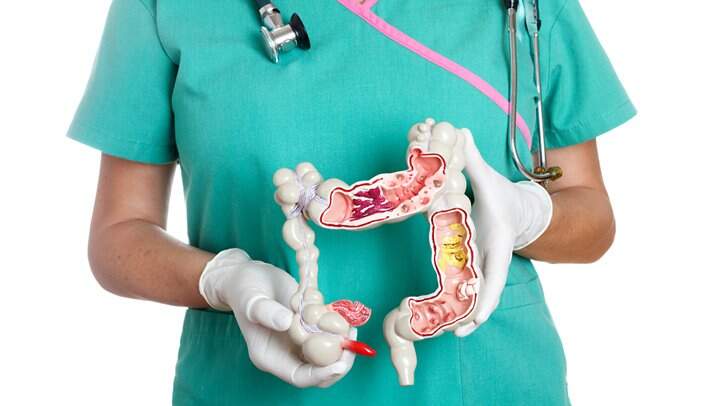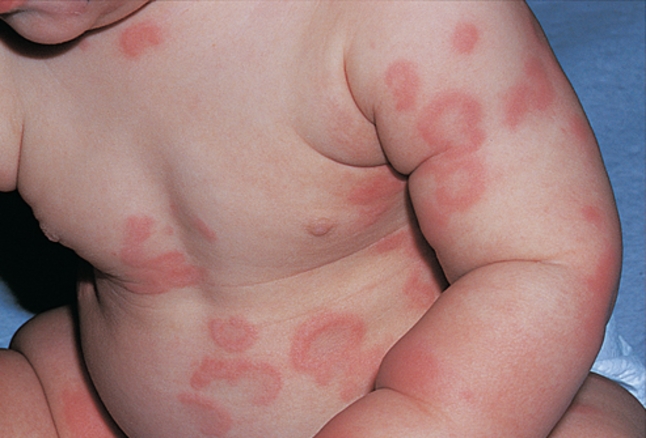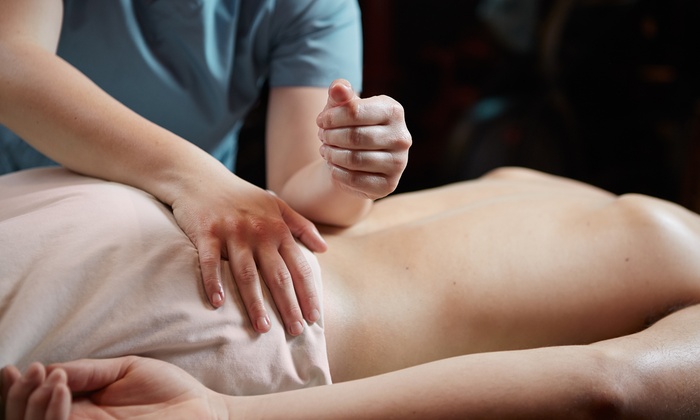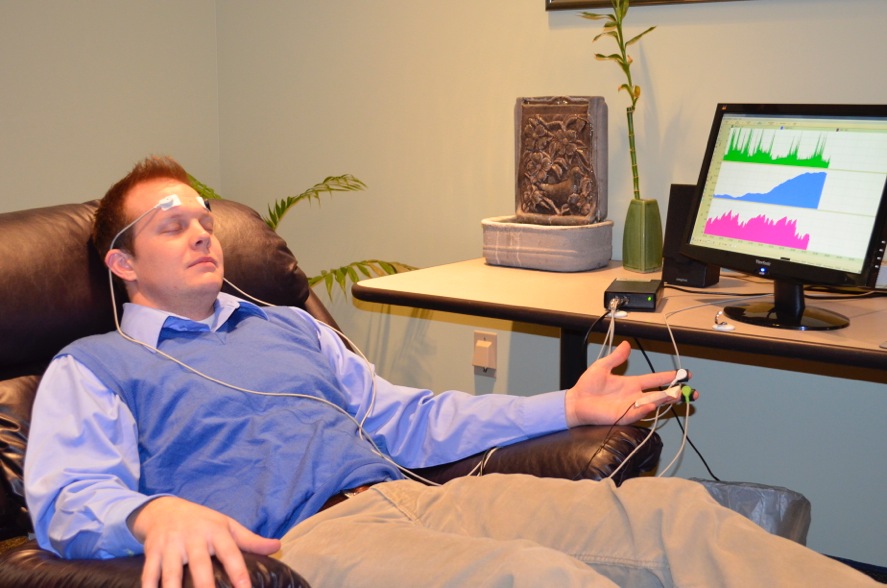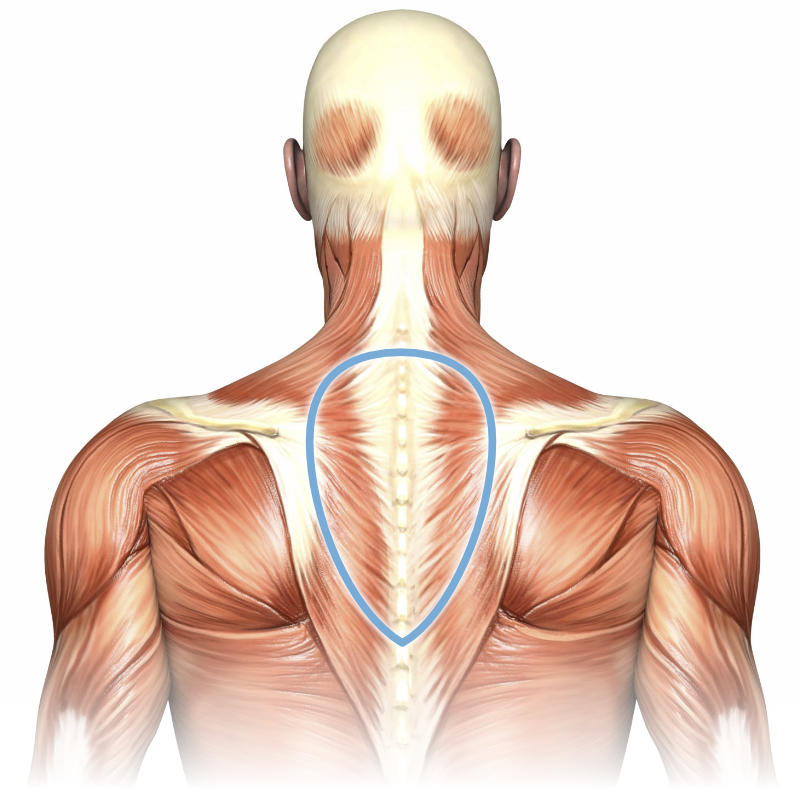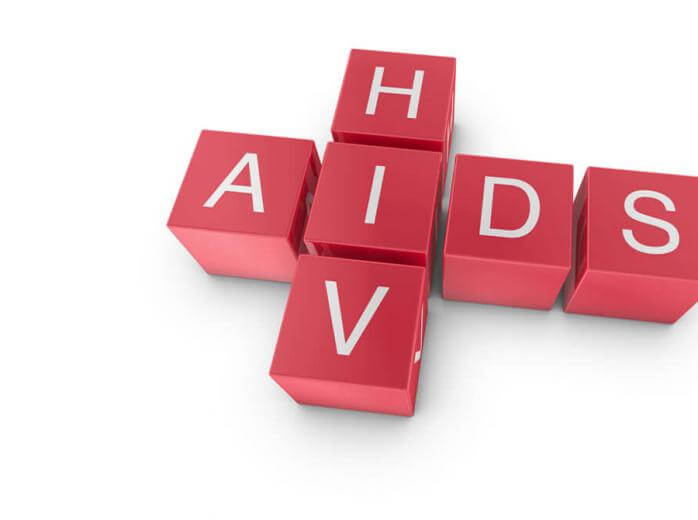Colitis is an inflammation of the mucous membrane that lines the colon (large intestine). The inflammation can result from a bacterial or viral infection or the use of antibiotic drugs, among other causes. Ulcerative colitis is a much mow serious and long-term inflammation awl ulceration of the colon. It has been linked with an increased risk of colon cancer. Its cause is unknown.
CONVENTIONAL APPROACH
COLITIS: Allopathic medicine usually suggests self treatment measures and drug therapy for people with colitis. Bed rest is also beneficial. To deal with severe diarrhea, the patient should drink only water, tea (not black tea, which can be irritating), and clear broths and avoid all solid foods. however, this should not be done for more than five days without a doctor’s supervision. If an infection is present, several antibiotic drugs may be effective.
ULCERATIVE COLITIS
Because no cure is available, treatment is aimed at relieving the symptoms. Common medications include corticosteroids, sulfasalanne, and immunosuppressive drugs (used when other drugs are not effective).
When symptoms don’t respond to medication, all or part of the colon and rectum can be surgically removed.
SYMPTOMS
- Diarrhea, often with blood and mucus (may he persistent)
- Abdominal pain and cramps
- Fever
The symptoms of ulcerative colitis may go away, only to reappear later. Most cases of ukerative colitis initially appear in people 20 to 30 years of age.
ALTERNATIVE APPROACHES
Several alternative therapies offer ways other than drugs or surgery to treat an inflamed colon. In cases of ulteratim colitis, the treatments should not be self-administered
HERBAL MEDICINE
Several herbs can offer relief from colitis as well as ulcerative colitis. Herbs called demulcents can soothe the mucous membranes that line the colon and trigger the production of more mucus to ease irritation and lessen symptoms. Slippery elm bark and marshmallow root are two commonly used demulcents.
Robert’s Formula, a well-known nawropathic herlval remedy, is often prescribed to heal intestinal irritation and inflammation. It contains slippery elm, marshmallow root, comfrey, echinacea (purple coneflower), goldenseal, and other herbs, as well as cabbage powder.
A naturopathic physician may recommend taking two doses of Robert’s Formula three times a day, with meals.
NUTRITIONAL THERAPY
Nutritional therapists contend that altering the diet may eliminate ulcerative colitis or reduce its harmful effects. Food allergies (or sensitivities) are thought to contribute to the onset of colon inflammation. Wheat, corn, and dairy products are common allergens. Following an elimination diet will reveal if any foods make the symptoms worse.
Once the colon is inflamed, it no longer performs at peak. This can lead to an upset in the normal bacterial makeup of the intestines and to nutritional deficiencies. A therapy called prohiotics aims to reestablish the ideal levels of the natural intestinal bacteria. Bacteria such as Lactobacillus acidopbilus can be taken in powder, capsule, or liquid form (however, this bacteria should be avoided if the patient is lactose intolerant).
Another serious concern in both types of colitis is nutri-tional deficiencies. Nutritional deficiencies may result for several reasons:
- People with the disorder may eat less than needed as a way of avoiding diarrhea and abdominal pain.
- Chronic diarrhea can lead to the loss of nutrients.
- Some of the drugs used in conventional treatment (such as corticosteroids) may interrupt nutrient metabolism.
- Mucosal irregularities can result in poor nutrient absorption.
These patients, therefore, can benefit from taking supple-ments orally or by injection (sometimes as much as five times the recommended dietary allowance) and eating smaller, more frequent meals.
An elimination diet can help the health practitioner and patient link any foods with an aggravation of symptoms. Here’s how it might work:
- For two to three weeks, the patient’s commonly eaten foods are eliminated from the diet. Instead, the diet should consist of foods—such as rice, Iamb, iceberg let-wee, cranberries, therries, apples, olive oil, apricots, peaches; and spinach—that are not usually associated with allergies.
- if symptoms have subsided or not appeared by the end of this period, then the food challenges can begin. If the symptoms are still present, then more foods should he eliminated from the diet.
- Reintroduce the commonly eaten foods one at a time, every: two days. noting if any symptoms appear.
OTHER THERAPIES
Aromatherapy—Massages with essential oils (such as patchouli and peppermint) can offer relief from colitis.
Ayurvedic Medicine—Using herbal therapy, meditation, and dietary changes. Ayurvedic practitioners can treat both colitis and ulcerative colitis.
Chiropractic—A chiropractor can readjust the spine, the misalignment of which an affect the functioning of the digestive tract.
Detoxification, Fasting, and Colon Therapy—Water or juice fasts can give the colon’s inflamed lining time to heal. Fasting is also used to cleanse the body before food allergy tests begin.
Homeopathy—Homeopathy is a very important therapy for colitis, but a complete evaluation by a professional is necessary.
Traditional Chinese Medicine—Treatment may include acupuncture, moxibustion, herbal therapy (including herbal enemas), and yoga (including breathing exercises).

